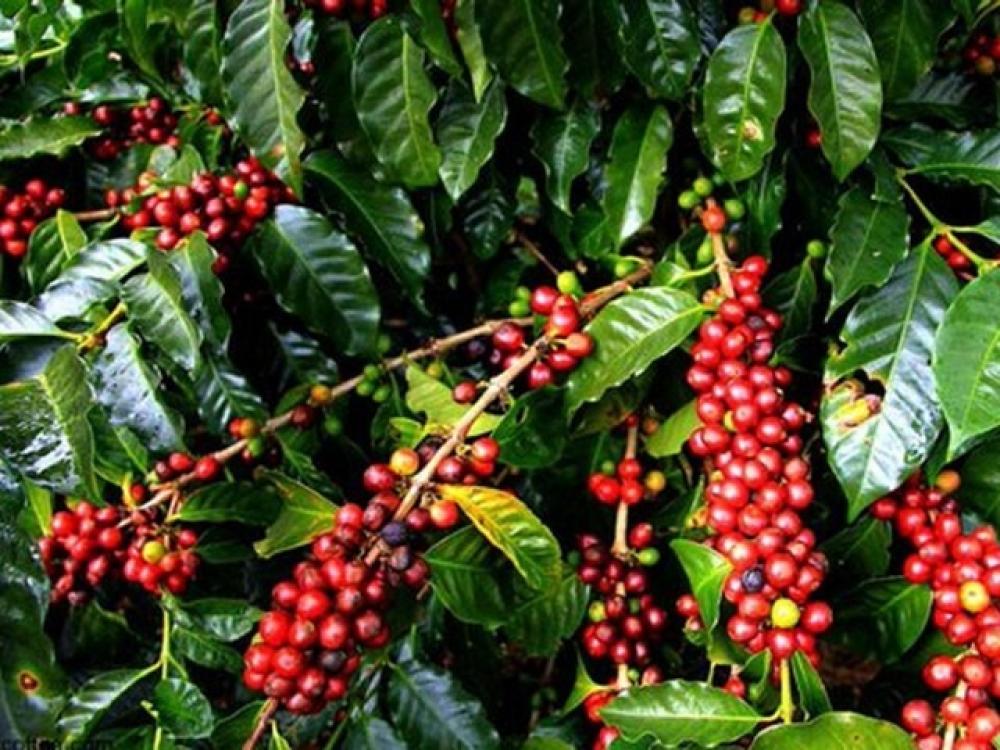In recent years, the term “bio-coffee” has begun to be heard in specialty coffee circles, as part of a global movement aimed at achieving a balance between high quality and environmental sustainability.
Biodynamic coffee is not just an organic, pesticide-free product; it is a holistic agricultural philosophy that rethinks the farmer's relationship with the land, water, biodiversity, and community.
In traditional coffee farms, chemical fertilizers and pesticides are used to accelerate production. However, this method affects the soil, weakening its fertility in the long run and leading to groundwater contamination.
Organic farming relies on closed natural cycles : plant waste is used as fertilizer, and shade trees are planted to improve the local climate and protect the coffee from excessive heat.
The result? A crop that's smaller in quantity, but richer in flavor and identity.
Today's leading models include Finca Deborah in Panama and many other farms that still maintain their old form in Yemen and southern Saudi Arabia, which follow the principles of microbiological agriculture. They use microbial soil analysis to determine the timing of natural fertilization and employ artificial intelligence to monitor the microclimate around each row of coffee plants.
Sensory analyses show that coffee grown this way has a more pronounced flavor profile and often scores above 90 points in Cup of Excellence competitions.
In the long term, experts predict that organic farming will be a standard for any brand seeking to combine premium taste with environmental responsibility.
Biodynamic coffee is not a “temporary trend,” but a logical step in coffee’s journey toward a more conscious future in balance with nature.

